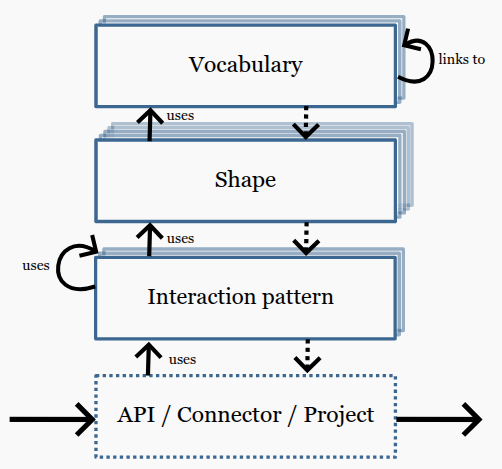2026-01-28 13:02:13
2026-01-28 13:02:13
2025-11-14 06:05:16
bulletty - The TUI RSS/ATOM feed reader that lets you decide where to store your data.
bulletty is a TUI feed reader (RSS and ATOM). Read your subscriptions within your terminal. It downloads the entries for offline reading so all the data is local and yours: your subscriptions, highlights, comments, etc. All in an universal format: Markdown. Backup and sync your data directory your own way.
📰
2026-01-26 13:41:30
Banging my own drum, I know. But if you ever thought about getting proton I can recommend it - and if you want to help out a fellow mastodonian - feel free to click my referral link #proton
2025-12-06 13:33:51
The thing about a life-logger, is you input sensitive data about your life, lifestyle and activities, so privacy and data-integrity are some of the most important issues.
There can be no server, the data has to be yours and yours alone. Because you can’t tell what is happening to the data in a closed-source app, it must be completely free and open source.
You can’t trust a corporate diary, they must sell to anyone offering enough money.
So it is with my life log app, all data completely in your own device. No home server ever sees anything.
There is no home server. Just the code.
To achieve this Exocortex Log is a Progressive Web App. It downloads when you are online at the website and can be installed onto the homepage of your phone.
It keeps all data on the local device using indexdb.
This means you must be responsible for your own backups. Be sure to export and back up your data regularly. I have gaps in my ten year record where my phone was stolen and most recent backup was months prior.
Once installed it will work offline, airplane mode, no internet, down in the tube station at midnight, anywhere.
There's a blog on the website saying this and more: https://exocortexlog.com/news/articles/2025-12-06-release/
2025-11-09 18:30:19
Woo hoo! You all get to start adding stuff to Cosmik Network’s Semble: a social bookmarking tool built on ATProto, so all your data is stored in your own account https://semble.so
I’ve been using it for weeks, have it as a PWA on my phone, and it’s been great to just get the basics of saving links somewhere.
2026-01-09 21:45:03
I wasn't surprised to see Rob Sanderson quoted in this, because rich vs aligned semantics - specifically , wanting both at the same time - is *such* a cultural heritage data interoperability problem #MuseTech
From: @…
2025-11-06 21:38:34
@… it does do that, yes!
though I would suggest this pattern as being easier to use for storing arbitrary things: https://www.11ty.dev/docs/plugins/fet…
2025-11-01 08:04:38
Over on Blue Sky there is a thread telling you how to plot your own data in it too.
Very nice tools.
https://bsky.app/profile/soechting.bsky.social/post/3lnxhusma4k26
2025-12-06 12:43:08
You see a detective on the TV and he’s interviewing all the suspects asking them what they were doing on the night of the murder a month ago last Tuesday night.
And on the TV, the suspects all know. Right away.
If you asked me ten years ago though, I’d have had barely any clue. If you’re lucky it’d have been something planned in my calendar but mostly, dunno. Watching TV maybe? No idea what show. Was that a night I was in the pub?
As we all get older this problem increases I’m told. Eventually full on senility sets in.
But what if you have already built the habit to record what you’re doing? To be able to look back and revise and review how you spent your days? An external aid as a crutch to your own forgetful brain’s cortex?
So I started this Exocortex Log over a decade ago and now I can answer: Ten years ago on Tuesday I was having dinner with the guitarist from my band and his girlfriend and they burned the pudding.
The app has been half finished and barely able to even record let alone review for most of that time, but now it’s ready enough that someone else might use it too if they want.
Try it out: #lifeLog #app #memoryAid


